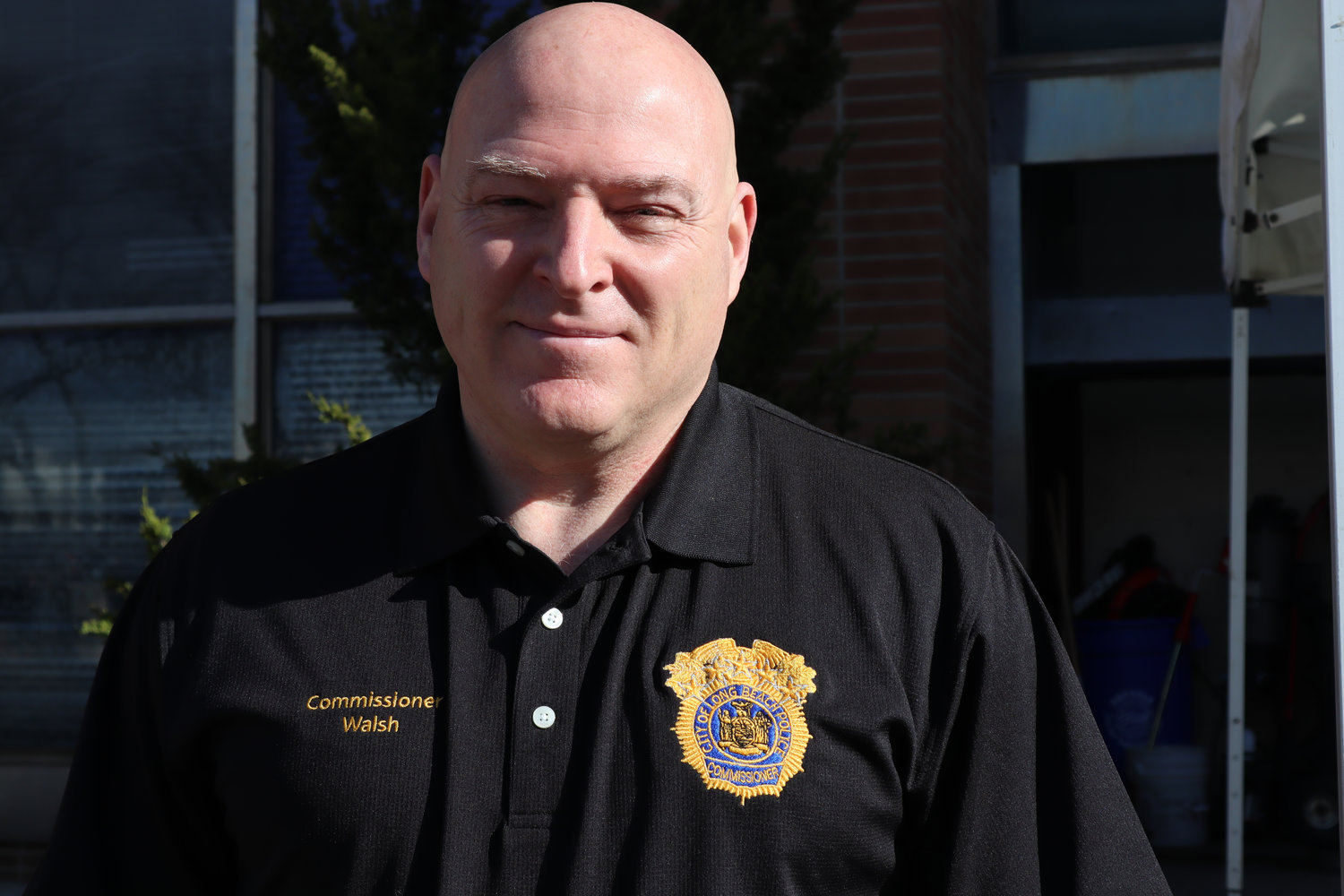Long Beach Police Commissioner responds to call of no confidence
Long Beach’s new police commissioner, Ron Walsh, defended himself and his plans for the department Thursday after the president of the PBA earlier this week issued a blistering attack against him and said he would be calling for a vote of no confidence against the city’s top cop.
“I want to ensure that the men and women of the LBPD are paid fairly and received equitable treatment in all matters that affect their responsibilities as it pertains to their duties to protect and service,” Walsh said in a statement to the Herald after PBA president Brian Wells delivered his sharp criticism at a virtual city council meeting Tuesday night.
“However, the PBA and I diverge when it comes to the way I believe the department can maximize the efficiency and productivity of the department.”
Walsh defended his “geographic policing model,” which calls for
assigning officers to posts on a longer-term basis and seeing to it that they become more involved in the community they patrol. He also said the plan had been devised with senior police officers and had involved discussions with sergeants as well.
Walsh, a veteran of the Nassau County Police Department who left in February as Chief of Support and became Long Beach police commissioner, has been at odds with the PBA. The city and the police union are locked in lengthy negotiations for a new police contract.
Wells said the PBA would be taking a vote of “no confidence” in Walsh Thursday night.
“The geographic policing model that Union President Wells has issues with was formulated through careful deliberation with every member of the executive staff, as well as input being sought from every Sergeant and officer within the department.” Walsh said.
“Almost every Sergeant has discussed the plan with me and the administration and, while not every officer has availed themselves of the offer to voice their opinion, many have engaged in meaningful feedback.” The commissioner continued. “The idea of holding officers responsible for, and moreover to address the conditions on their post by developing a plan of action, and then implementing that plan, was brought here by me.”
Walsh said the pilot plan that was devised came out of those discussions.
“None of this was done in a vacuum,” Walsh said. “To the contrary, the pilot program was developed through participative management and the consensus building process and while the pilot will continue to be adjusted, it is supported by the input and opinions of seasoned LBPD supervisors and officers.”
He said the plan will make police officers, including himself, more accountable to the public.
“How? By supervisors and officers reviewing and discussing actions taken and their results, thereby determining if adjustments need to be made to enable us, together with the community to alleviate issues and concerns in our neighborhoods,” Walsh wrote. “From any point of view and especially from my seat, that is a great thing for this city, our neighborhoods, and the tax paying public.”
Walsh also criticized Wells.
“It is unfortunate that the message being sent by Mr. Wells is one of contention and strife, as nothing could be further from the truth.” Walsh wrote.
He added: “The true difference between the Union President’s position and mine is that his job is to look out for his membership, my role is much larger than only that.”
Walsh reached back to the administration of Jimmy Carter, who was president from 1977 to 1981. Walsh quoted Carter’s wife, Rosalynn, who once said, “’A leader takes people where they want to go. A great leader takes people where they don’t want to go but ought to be.’”

 50.0°,
Fair
50.0°,
Fair 




